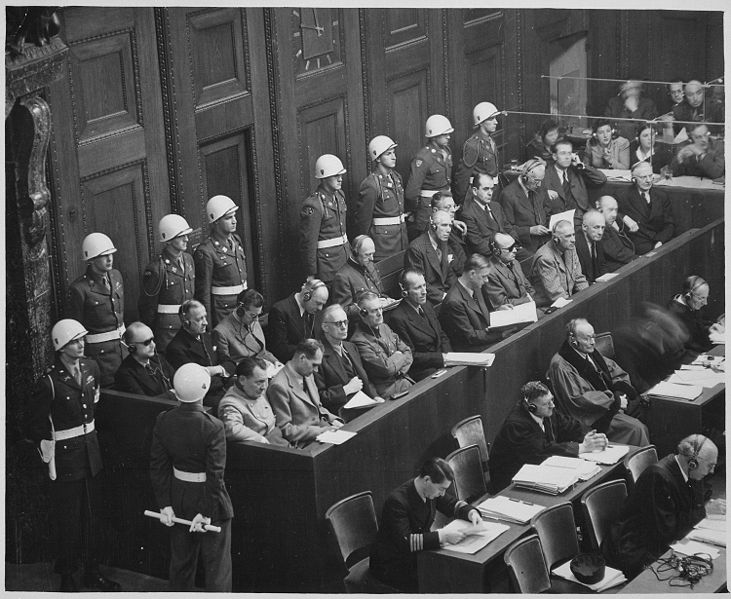by Inder Comar
On March 13, 2013, I filed two lawsuits in the Northern District of California against George W. Bush, Richard Cheney, Colin Powell, Donald Rumsfeld, Condoleezza Rice and Paul Wolfowitz on behalf of an Iraqi client and on behalf of myself as a United States citizen.
My Iraqi client, Ms. Sundus Saleh, alleges that these defendants planned and waged a “war of aggression” in violation of laws set down at the Nuremberg Trials in 1946. She has exercised the jurisdiction of the court through the Alien Tort Statute, a law passed by the first Congress in 1789. She seeks to hold these defendants personally liable for their actions.
My case seeks to set new precedent regarding the obligations of government leaders. I am asking the court to acknowledge that I have a common law and/or constitutional right (premised in the First Amendment) to receive honest and candid information from government officials with respect to war and peace. I have also alleged that the defendants violated California’s false advertising law in planning and waging the Iraq War.
I am handling these cases completely pro bono. I have litigated numerous cases in the federal courts, both as an associate for a major law firm and now on my own. I want to win these cases, both for my client and for myself.
But these lawsuits won’t go anywhere without the help of people like you.
First, the more people who care, the more likely the courts will care. Take the Prop 8 litigation: that legal case has acted as a spearhead for a larger movement that is recognizing that the Constitution cannot discriminate based on sexual orientation. These lawsuits need similar support for the idea that leaders cannot deceive and mislead the public, particularly in matters of war and peace, and remain unaccountable. With the Supreme Court tightening access to the courts (even with the Alien Tort Statute in the very recent Kiobel decision), the courts need to know that people want to hold leaders accountable under law.
Second, my firm is a small San Francisco boutique that is primarily involved in corporate counseling and court appointed trial and appellate work. I will shamelessly admit that I cannot handle these cases alone! I need the support of passionate, intelligent and thoughtful people to secure the court orders that I want for myself and for my client.
As Americans, we are fortunate to have a functioning judiciary. Today, there are millions of people living in other countries who would be killed if they dared to question their leaders. In America, we are heirs to an 800 year tradition extending back to Magna Carta that says no one is above the law – not even the king. And George W. Bush was no king.
Please join me to make this trial a reality. You can help by supporting our fundraising campaign at indiegogo (http://igg.me/p/374841/x), by spreading the word about the lawsuits, and by reaching out to me (inder at comarlaw dot com) if you want to get involved.
Please help me hold our leaders accountable to prevent another Iraq War.
